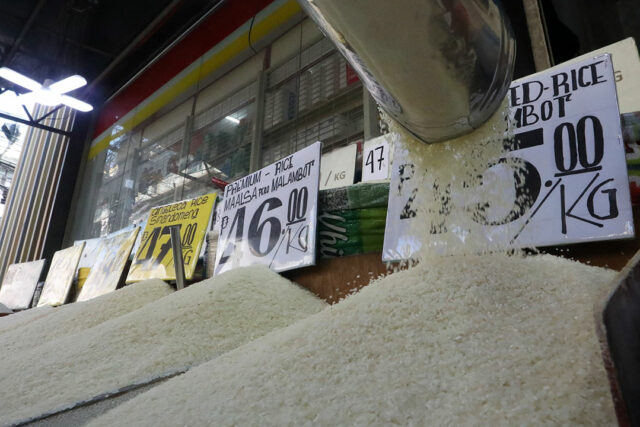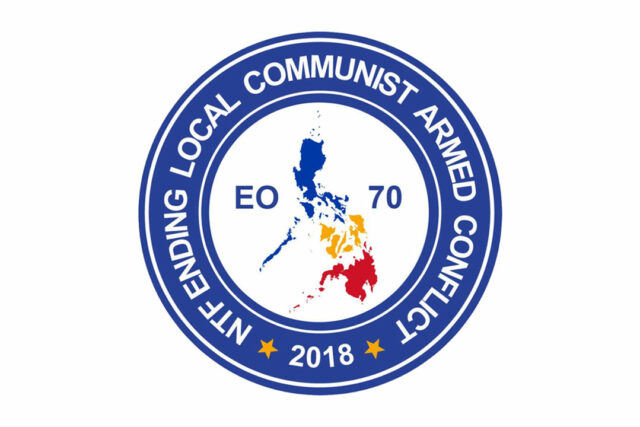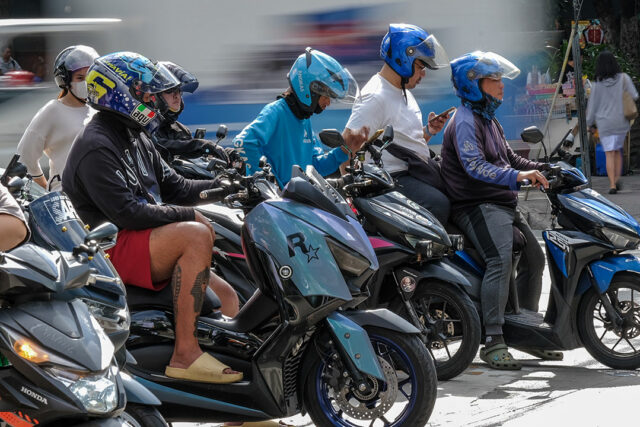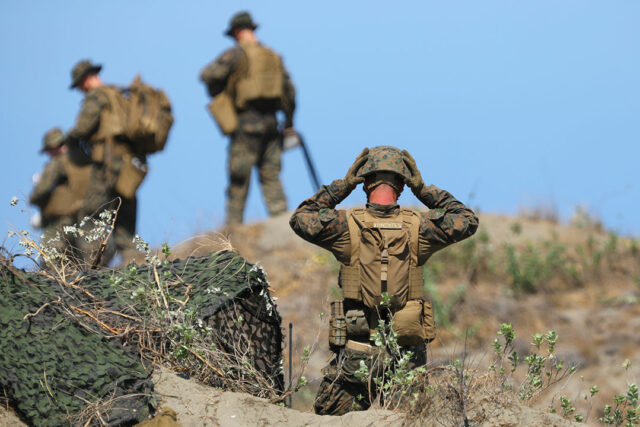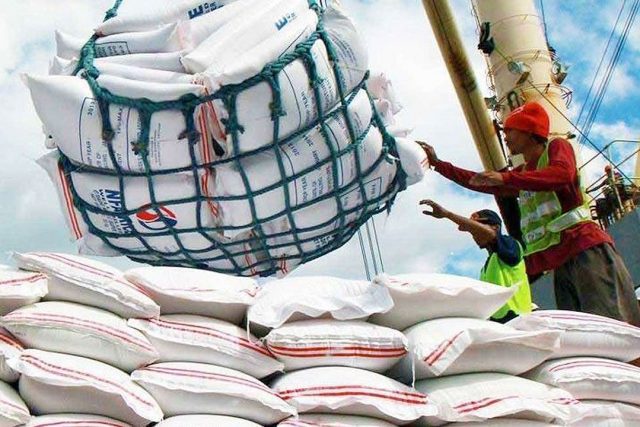Duterte likely to deny involvement, systematic killings in ICC challenge
By Chloe Mari A. Hufana, Reporter
FORMER Philippine President Rodrigo R. Duterte is expected to deny his involvement as well as assert extrajudicial killings linked to his administration’s war on drugs were minimal as he prepares to challenge the International Criminal Court’s (ICC) accusations, a human rights lawyer said on Wednesday.
National Union of People’s Lawyers (NUPL) President Ephraim B. Cortez said the tough-talking leader is likely to argue the number of deaths was too minimal to establish the killings were widespread and systematic, as the ICC accused in its arrest warrant.
Widespread and systematic are two key elements required to classify the acts as crimes against humanity, Mr. Cortez noted.
The arrest warrant cited 43 cases during the infamous drug war, against the 6,229 people killed based on government data and more than 20,000 deaths claimed by human rights groups.
The 79-year-old former president is also expected to raise the issue that there is no basis to link him to the actual killings.
“To do this, he will refute any evidence showing he either ordered the killings or deny that these were carried out as a matter of policy,” the lawyer group leader said in a Viber chat.
He also noted the firebrand leader will likely maintain that the ICC has no jurisdiction over him, citing the Philippines’ withdrawal from the Rome Statute in 2019 under his presidency.
“As he and his supporters repeatedly argued, the Philippines already withdrew its membership from the ICC and is no longer bound by the provisions of the Rome Statute,” Mr. Cortez added.
However, Mr. Cortez noted this argument is untenable because the alleged crimes and the filing of complaints occurred while the Philippines was still a party to the ICC.
Mr. Duterte, who was president from 2016 to 2022, may also invoke the principle of complementarity, which asserts that the ICC can only intervene if the national judicial system is unable or unwilling to prosecute the alleged crimes.
“He will definitely argue, alternatively (on the issue of jurisdiction), that the complementarity rule prevents the ICC from acquiring jurisdiction over him since the Philippine judicial system is working,” the human rights lawyer added.
This comes after the defense team of Mr. Duterte received the initial set of evidence to be presented in the crimes against humanity case filed against him before the international tribunal on March 24.
In a three-page communication to the pre-trial chamber overseeing the proceedings, ICC prosecutor Karim A. Khan confirmed the prosecution has disclosed “181 items” of evidence to Mr. Duterte’s defense team.
The initial set of evidence, labeled “package 001,” has been classified as “confidential” and was disclosed inter partes, meaning it was shared exclusively between the concerned parties.
Mr. Duterte’s counsel is led by British-Israeli lawyer Nicholas Kaufman, an international lawyer who has represented other high-profile clients before the ICC.
Specific details of the evidence have not been disclosed, but the “181 items” submitted to Mr. Duterte’s defense team comprise the material cited in the warrant of arrest issued against him.
The ICC Pre-Trial Chamber I previously directed the prosecutor to provide observations and respond to several questions regarding the evidence and witnesses intended for presentation against Mr. Duterte.
This directive is part of the “disclosure of evidence” process, which ensures that the accused is informed of the evidence the prosecution will rely on during the confirmation of charges hearing scheduled for Sept. 23.
As part of this process, the prosecutor was tasked with answering 15 questions, including providing information on the number of written pieces of evidence, written statements, and non-written evidence such as photos, videos, and audio recordings to be presented; general information about the witnesses the prosecution plans to call; and whether there are plans to submit requests to withhold the identity of any potential witnesses.
The ICC judges also instructed the defense team to submit observations and respond to preliminary questions, including whether they intend to invoke any grounds for excluding criminal responsibility; whether further investigations are needed before the confirmation hearing; and the possibility of presenting evidence and calling witnesses during the proceedings.
If convicted, he could face a sentence ranging from 10 to 30 years, depending on the gravity of the offenses, Mr. Cortez said.
“Considering the gravity of the offense, he may be looking at a jail term of at least 10 years to 30 years. There is no possibility that he can still return to the Philippines,” he added.
The average trial in the ICC is eight years, but as Mr. Duterte is only facing one charge, his trial could be faster.

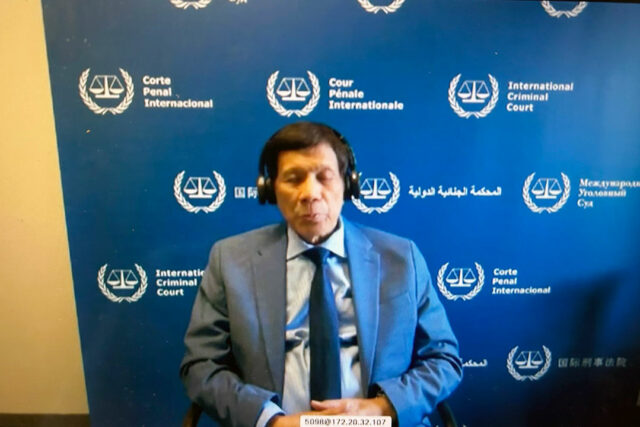

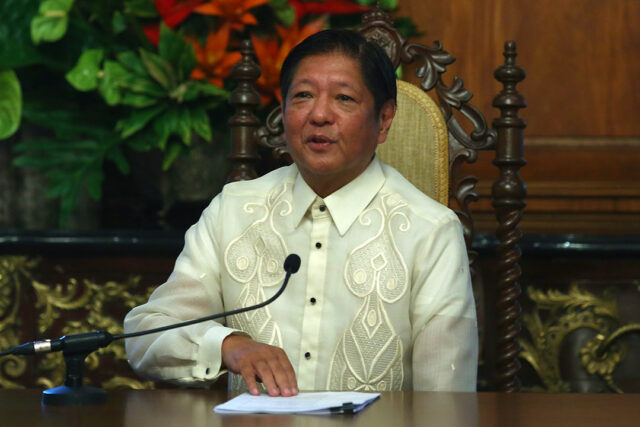
![Story 5 optimee-marcosjpeg_2022-12-03_10-56-57 [Bibo Nueva España _ Senate PRIB]](https://www.bworldonline.com/wp-content/uploads/2024/01/Story-5-optimee-marcosjpeg_2022-12-03_10-56-57-Bibo-Nueva-Espana-_-Senate-PRIB-640x360.jpg)

